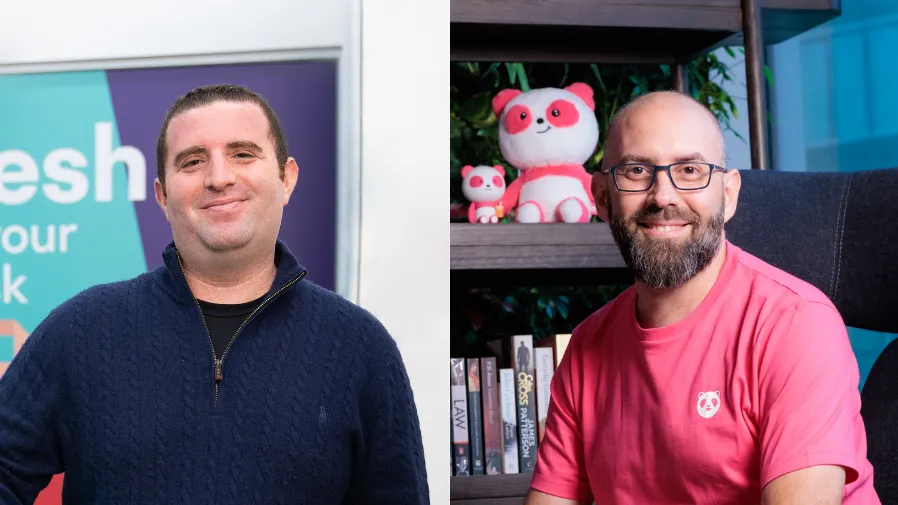
Singaporeans push Q-commerce beyond meals
They want everything delivered quickly, from flowers to last-minute birthday presents.
What started as a platform for meal deliveries has turned into a key channel for groceries, personal care essentials, and even last-minute gifts in Singapore’s quick commerce (Q-commerce) sector.
“An increasing number of consumers — around 80% — are relying on delivery platforms for their daily needs,” Jason Parke, general manager at Deliveroo Singapore, told Retail Asia via Zoom. “Over half of those surveyed also expect to use delivery apps for more than just food, including groceries, gifting, and other services.”
Singapore’s Q-commerce revenue is projected to hit $370m this year, Parke said, citing a survey conducted by INSEAD. Across Southeast Asia, 80% of consumers prefer same-day delivery, with 61% expecting their orders within one to three hours.
Parke said the demand is driven by urgent and unplanned purchases. “You can imagine things like waking up under the weather and totally out of medication, and you get that box of Panadol delivered to your door without needing to get out of bed,” he said.
The demand for fast delivery of gifts is also gaining traction. “There’s a growing trend of consumers using Q-commerce for last-minute gifts,” Parke said. “Whether it’s a Lego set for your child’s friend’s birthday or a bottle of wine you need to bring to a dinner party, platforms are stepping up to fulfill these time-sensitive needs.”
To meet the rising demand, Q-commerce platforms like Deliveroo have diversified their product selections. “We now have Express Flower, Singapore’s largest flower store on our platform, as well as expanded categories like health and pharmacy, pet care, and groceries through Sheng Siong,” Parke said.
Gift options have also been enhanced through digital innovations. For instance, Parke said Deliveroo’s app lets users add gifts to any order — whether food or retail items — and send a digital greeting card. Recipients can also track the status of their deliveries.
Whilst Q-commerce initially centered around ultra-fast delivery, the focus is gradually shifting toward convenience and flexibility, according to Raphael Zennou, vice president of quick commerce at Foodpanda GmbH.
“Over time, we’ve realised that ultra-fast delivery isn’t always a necessity; customer expectations have evolved, and most are highly satisfied with a delivery time between 30 and 45 minutes,” he told Retail Asia.
“Instead of speed alone, consumers now prioritise convenience and flexibility, preferring the ability to choose when and how they receive their deliveries,” he added.
Minimal investment
In response, platforms have started offering priority and scheduled deliveries, and even self-pickup.
For retailers, Q-commerce presents an opportunity to extend beyond traditional brick-and-mortar sales.
Zennou said physical stores are often limited by foot traffic and marketing reach, but delivery platforms provide access to digital foot traffic and create additional revenue streams.
He said the expansion requires minimal investment from merchants. For example, Foodpanda allows partners to use its data and logistics network to offer quick deliveries without spending a lot. Merchants also get access to sales analytics and other tools to help guide their marketing strategies.
Parke and Zennou said Q-commerce complements rather than replaces traditional e-commerce.
“For sure, Q-commerce is kind of revolutionising convenience by fulfilling some of the immediate needs,” Parke said. “E-commerce still has a significant role to play in larger planned purchases, cross-border shopping, bulky items, and heavier deliveries.”
He expects some integration between the two retail models. “You can imagine seeing an outfit or a pair of shoes on a TV show or on TikTok and having the option to get it delivered to your doorstep in 30 minutes,” he added.
The outlook for Q-commerce is strong, with global users expected to grow to 788 million by 2027 from 511 million in 2023, Zennou said.
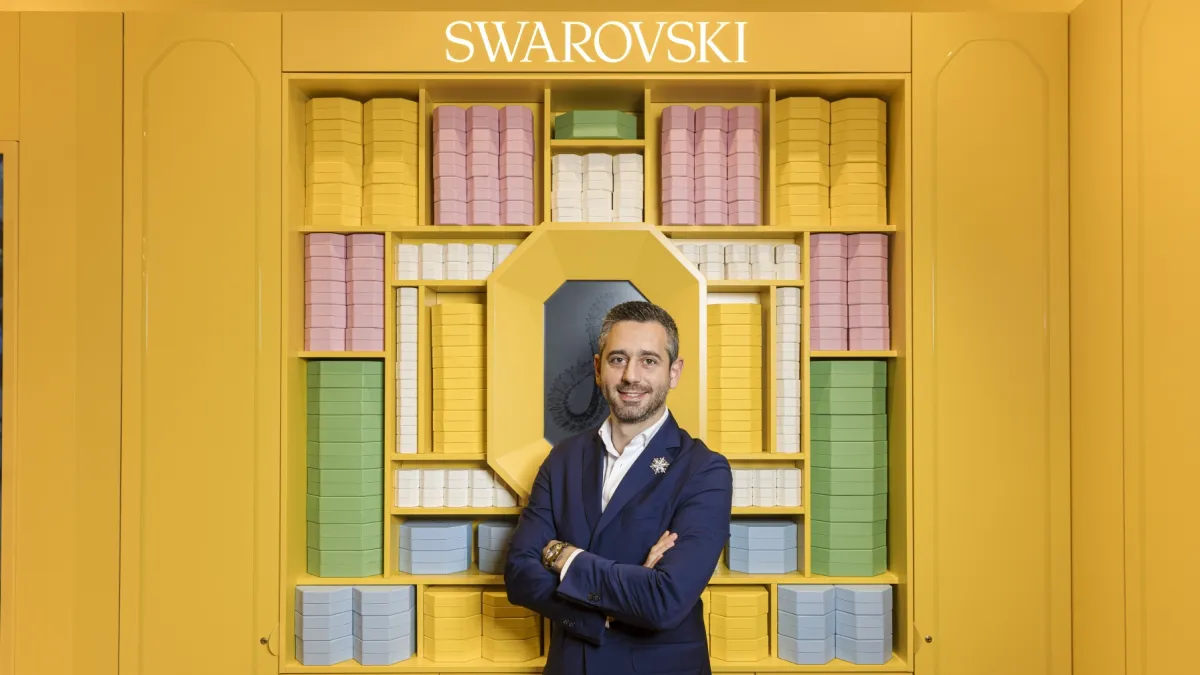


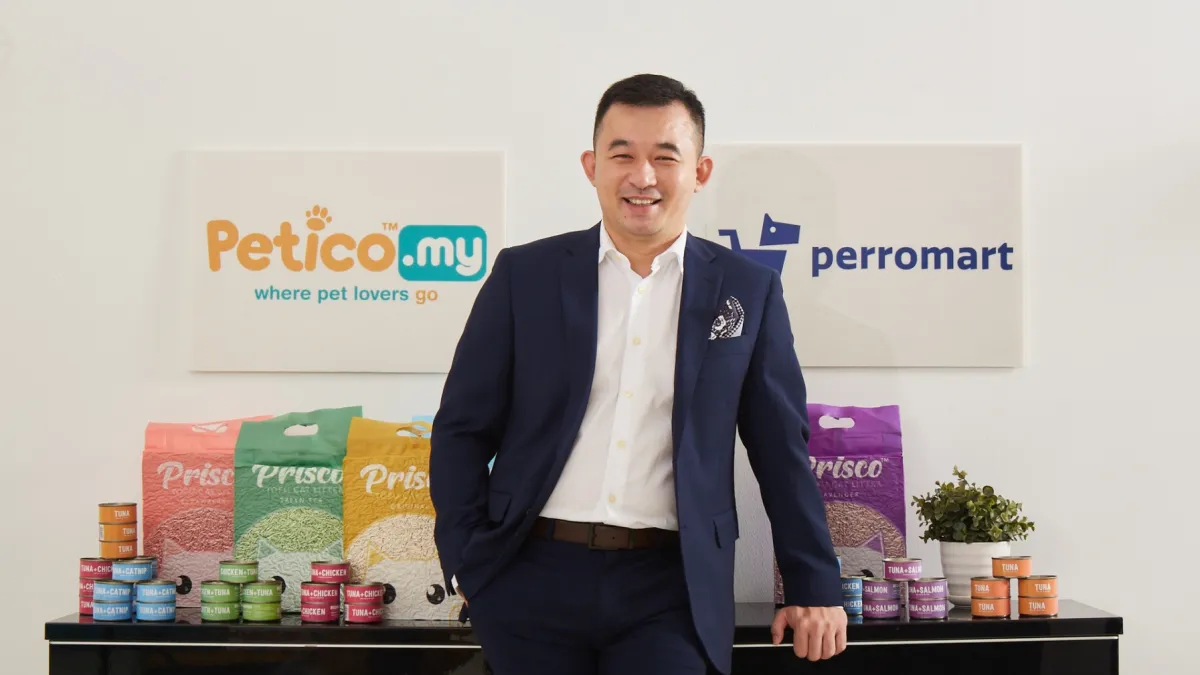
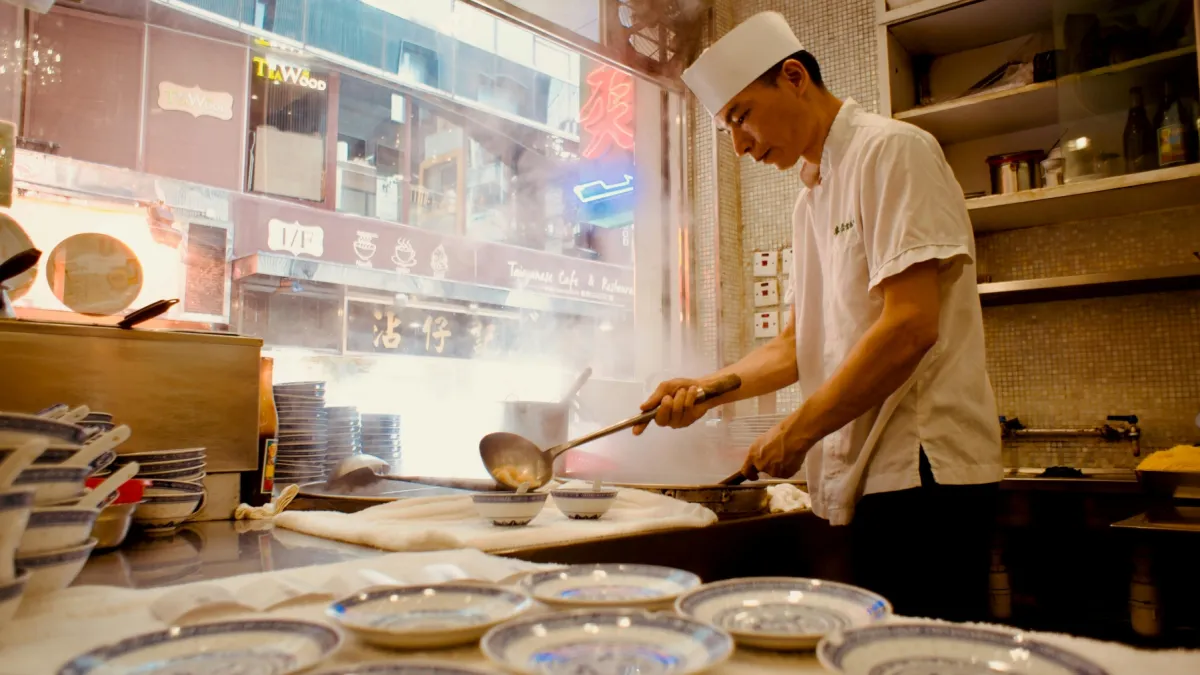

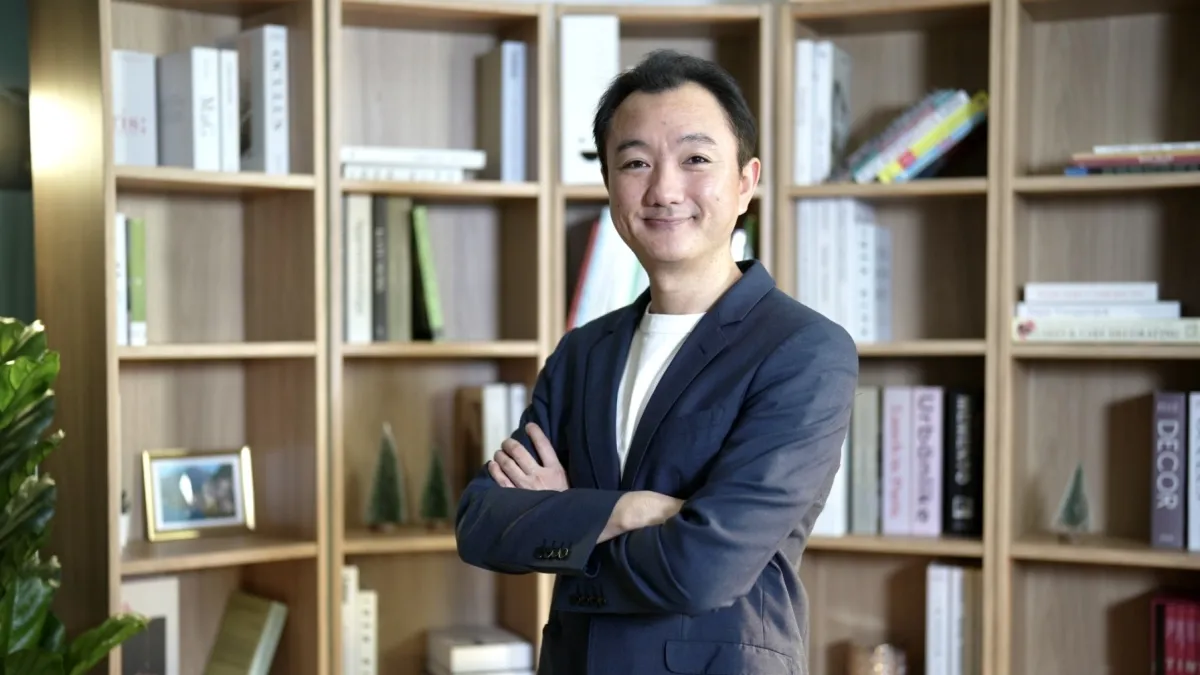
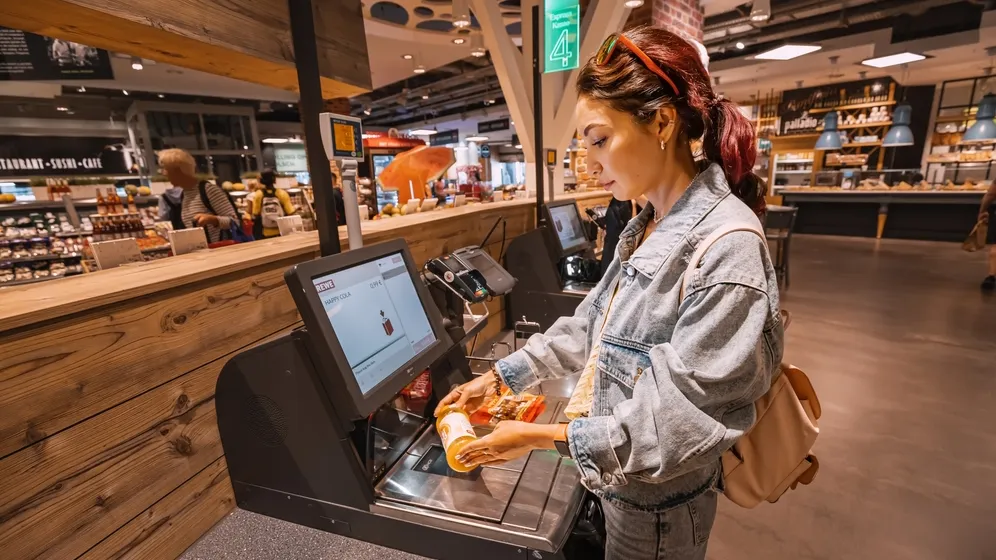

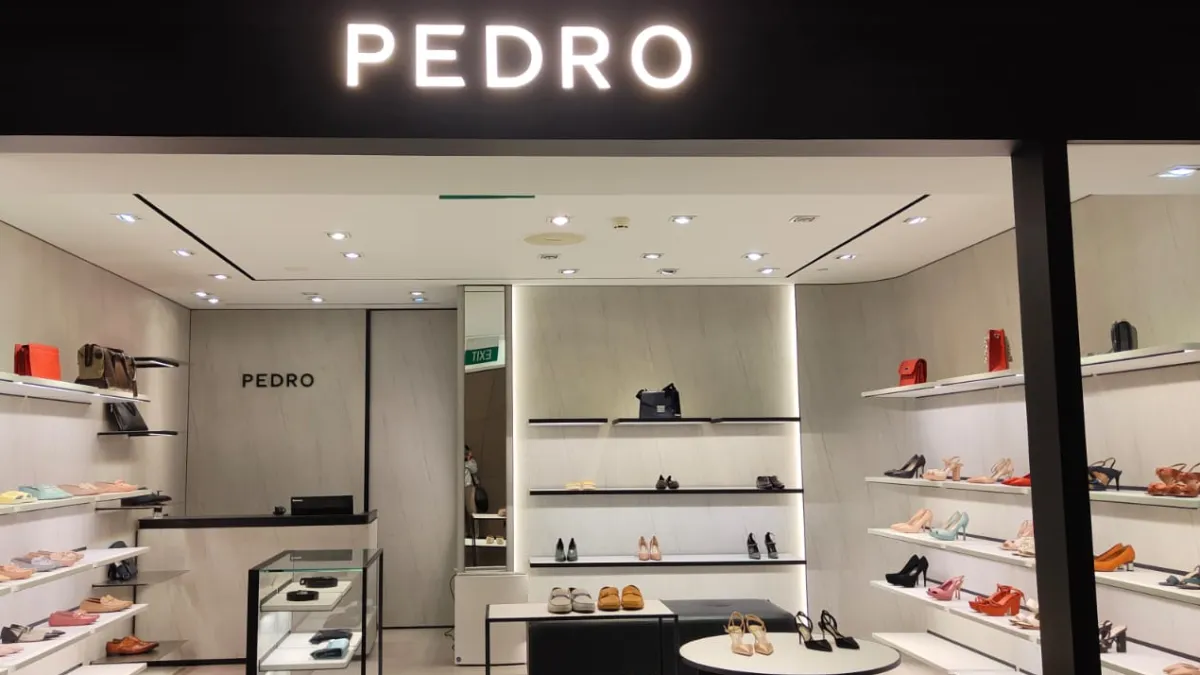

 Advertise
Advertise









